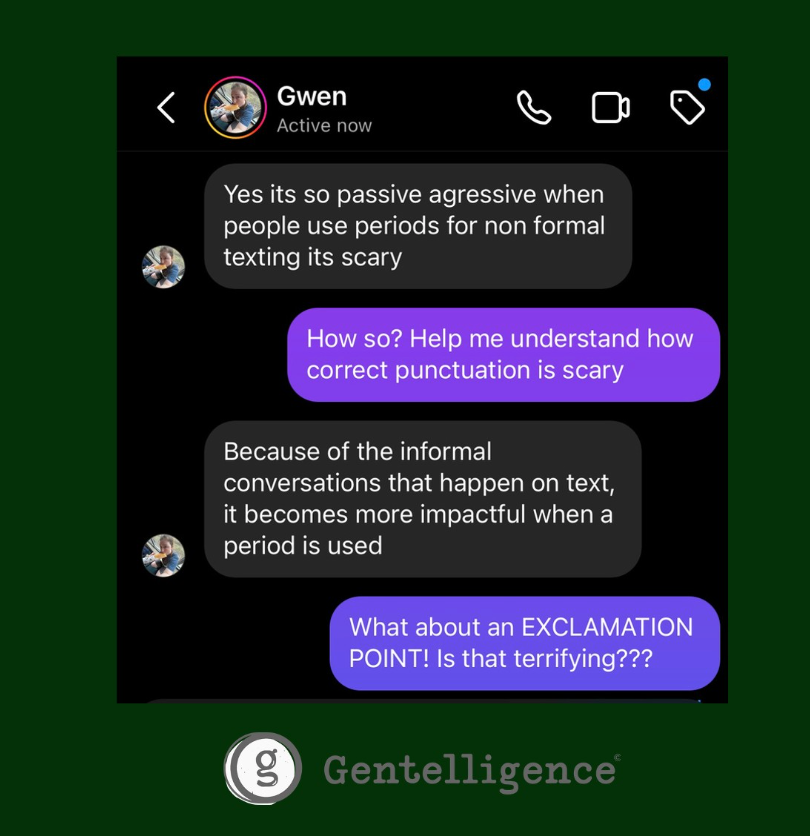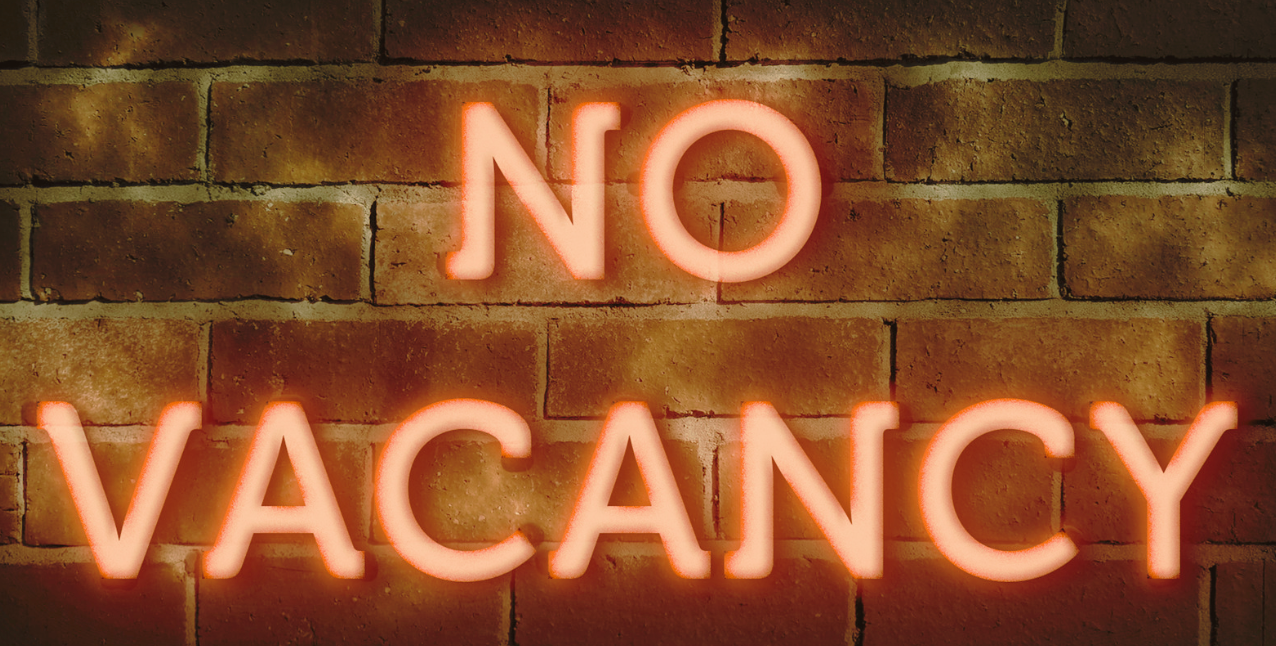About Generational Categories -What Everyone is Getting Wrong
Every few years, new thought pieces emerge claiming that getting rid of generational categories is the solution to ending harmful generational stereotyping. Over the last month, I’ve been sent several articles calling for the end of generations. Whether from academics who are failing to find the differences they hypothesized between Boomers and Gen Z, or journalists who have decided the answer to the dangers of generational stereotyping is to just eliminate generational categories altogether, the call to end generational labels just doesn’t quit. While these concerns are well-intentioned, they almost always miss the mark. Why? Most articles fail to grasp why generations actually matter. They also tend to offer simplistic solutions that put simply, don’t work.
An End to Stereotypes, Not Generations
Beneath the noble cries to “get rid of generations”, these articles want what I want: for generational stereotyping to stop. It’s lazy. People born within a 15-20 year time period are not all the same and cannot be fully understood or captured by a cliched generational trope.
But the solution to ending generational stereotyping is not getting rid of generational categories. One more time for the people in the back row: Stop suggesting that getting rid of generational labels is going to somehow solve this problem.
To understand why this isn’t the solution, we need some Gentelligence – generational intelligence. Gentelligence allows us to view generational differences in a smarter way, one that views this kind of diversity as an important source of potential for learning and collaboration.
Peeling Back the Layers
Generational labels are best thought of as a layer of our identity. This layer exists among many other layers: age, gender, race, ethnicity, religion, political affiliation, the list can go on. There is room to embrace all layers of identity that influence who you are and your perspective on the world. As stated in Vanity Fair, “A generation is the creation of shared experiences, the things that happened, the things you did and listened to and read and went through, and as important, the things that did not happen.”
Growing up in a different time does influence the way we see the world and our place in it, and to eliminate generational categories is to pretend it doesn’t. But being part of a particular generation doesn’t describe everything we are; that is where those other layers of identity come in. Born at the beginning of the Millennial generation? Your age and your generation interact to create a generational lens that is different from that of the youngest Millennials.
Needs vs Fulfillment
So how different are generations, really? That’s a question I get asked often. The answer is too long for a blog post. But here’s a secret: we all share universal needs, no matter what generation we are. Research shows that all people have core needs for values like respect, connection, competence, and autonomy. In that way, people across generations aren’t different at all. This is where Gentelligence comes in. While these needs are universal, the ways in which the different generations define and pursue the fulfillment of those needs can look quite different.
Let’s take the need for autonomy. Gen Xers grew up in an era when parenting norms allowed for children to roam the neighborhood unsupervised. They became our first “latchkey kids” letting themselves in the house after school to enjoy a few hours of parent-free time before mom and/or dad returned from work. For this generation, autonomy at work may mean not having a boss that tells them how they do their work, preferring instead to figure it out for themselves.
Millennials, in contrast, grew up when parenting norms had shifted toward a need to schedule children’s time and fill it full of activities. In school, teachers handed out rubrics to help students understand how to fulfill (and exceed) their expectations. For Millennials, autonomy may be best defined as choosing the kind of work they find most interesting, but wanting more direction on how the work itself should be done.
Mind the Gap
When viewed through a different generational lens, we can find the behavior of those older or younger than us pretty confusing. We often end up misinterpreting it. That’s when we fall into the generation gap.
The answer to ending generational shaming isn’t getting rid of generational categories. It’s using Gentelligence to understand our similarities and differences and find more successful ways to communicate. Our generational lenses are full of potential, and it’s time to start treating them that way.













